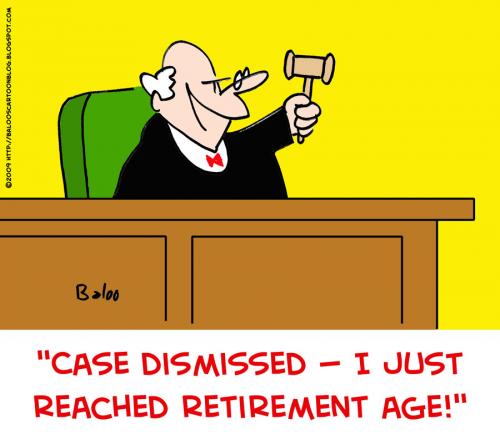 The English Court of Appeal recently considered two interesting issues in Furmans Electrical Contractors v Elecref Ltd [2009] EWCA Civ 170 (10 March 2009). Furmans were subcontractors installing electrical cabling on jobs on which Elecref were electrical contractors. In early September 2007, a dispute arose as to the basis on which Furmans were remunerated; in particular, Elecref claimed that they had been overcharged. In early October, Elecref made one further payment on foot of an invoice from Furmans, but thereafter declined to make any further payments on foot of invoices covering various periods from August to October. Furmans sued to recover those amounts, and Elecref counterclaimed for the overpayments.
The English Court of Appeal recently considered two interesting issues in Furmans Electrical Contractors v Elecref Ltd [2009] EWCA Civ 170 (10 March 2009). Furmans were subcontractors installing electrical cabling on jobs on which Elecref were electrical contractors. In early September 2007, a dispute arose as to the basis on which Furmans were remunerated; in particular, Elecref claimed that they had been overcharged. In early October, Elecref made one further payment on foot of an invoice from Furmans, but thereafter declined to make any further payments on foot of invoices covering various periods from August to October. Furmans sued to recover those amounts, and Elecref counterclaimed for the overpayments.
Waller LJ (Arden and Moore-Bick LJJ concurring) effectively allowed Furmans’ claim but dismissed Elecref’s counterclaim, and in doing so made two interesting comments. …







